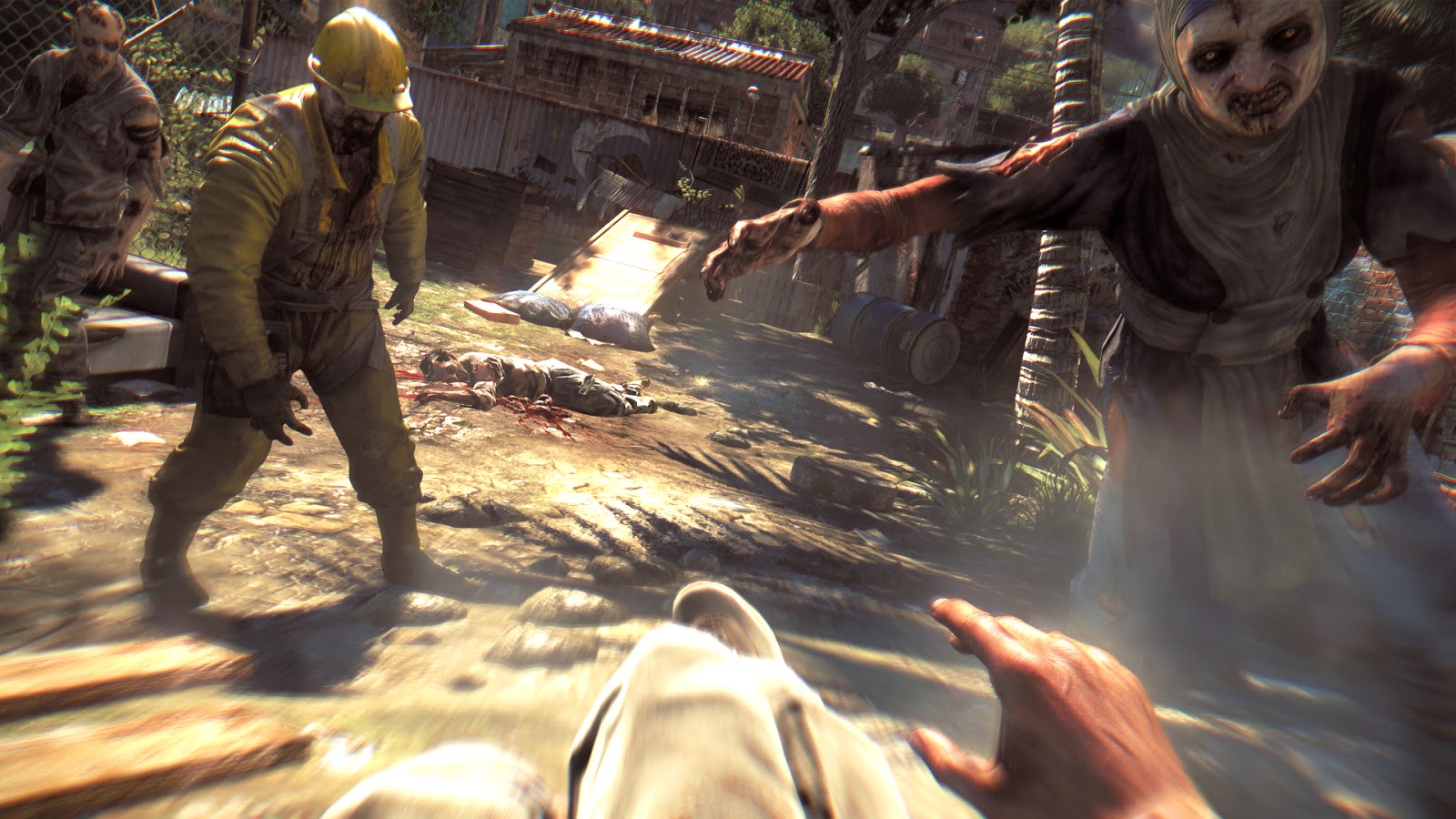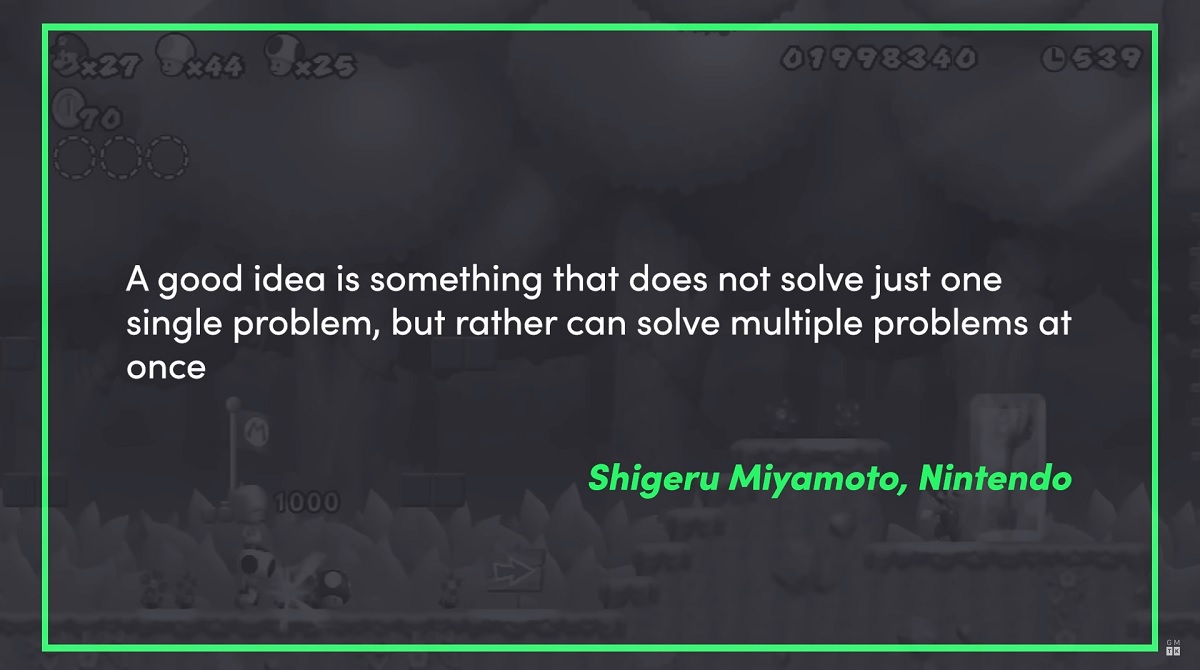Why devs shouldn’t take player feedback at face value – Japanese players discuss

The Late CEO of Nintendo Satoru Iwata once said that when customers in a restaurant complain about portions being too large, it can often actually mean that the food just tastes bad. In response to an episode from game development, Japanese gamers discuss what the correct way for developers to accept and handle user feedback is.

Player feedback and testing are an invaluable part of creating games as they allow developers to make adjustments which can significantly improve their work and player experience. However, accepting feedback at face value, even when it seems reasonable, can very easily lead to wrong solutions being made.
A Japanese X/Twitter user posted excerpts from a video by Game Maker’s Toolkit, adding the comment “This is a very good example of why developers shouldn’t correct things the way users tell them to.” The portion of the video they refer to tells of an episode from the development of the survival horror title Dying Light. According to the video, when faced with the problem of in-game weapons “breaking too fast,” the director of the project first thought to resolve the issue by instructing the game designers to increase the weapons’ durability. However, this solution was countered by lead designer Maciej Binkowski, who instead solved the problem by lowering the health points of the enemies, making combat feel better as well.
In other words, rather than interpreting the issue “weapons break too quickly” literally and implementing the most obvious solution in response to it, Binkowski ventured into analyzing what caused the sensation of weapons breaking too quickly, arriving at the answer that players could only kill a few zombies before their weapon broke. Making it so that players are able to defeat enemies more easily resolved the problem at hand and contributed to the game positively overall, as opposed to increasing weapon durability, which could have disrupted the game’s economy, negatively impacting development.
The post has since attracted significant attention within the Japanese community, with users finding the anecdote insightful, some recollecting on games which suffered due to user feedback being incorporated too liberally. Many also mentioned games which went against (very loud) user demands, a well-known example being Pokémon Scarlet and Violet making Sprigatito’s evolution bipedal despite fans desperately requesting it remains quadrupedal, but still having the new design appreciated and accepted.
Users were almost unanimous in recognizing the importance of keeping a healthy distance from player feedback, as players most often complain of “symptoms,” which shouldn’t be treated directly but analyzed in order to discover where they come from (with the previous Pokémon example, the developers realized that fans just didn’t want an overly “macho,” un-cute design, and that being bipedal was not of crucial importance). Even when players suggest specific fixes, they are most often too direct and do not take into consideration the various circumstances that can be seen only from the developer’s side.
Aside from that, there are also points to consider such as player literacy and simply whether the feedback being received is in line with one’s creative vision. After all, as with all artforms, game development too is a realization of one’s vision, so whether a piece of feedback is correct depends not on subjective categories as well.




